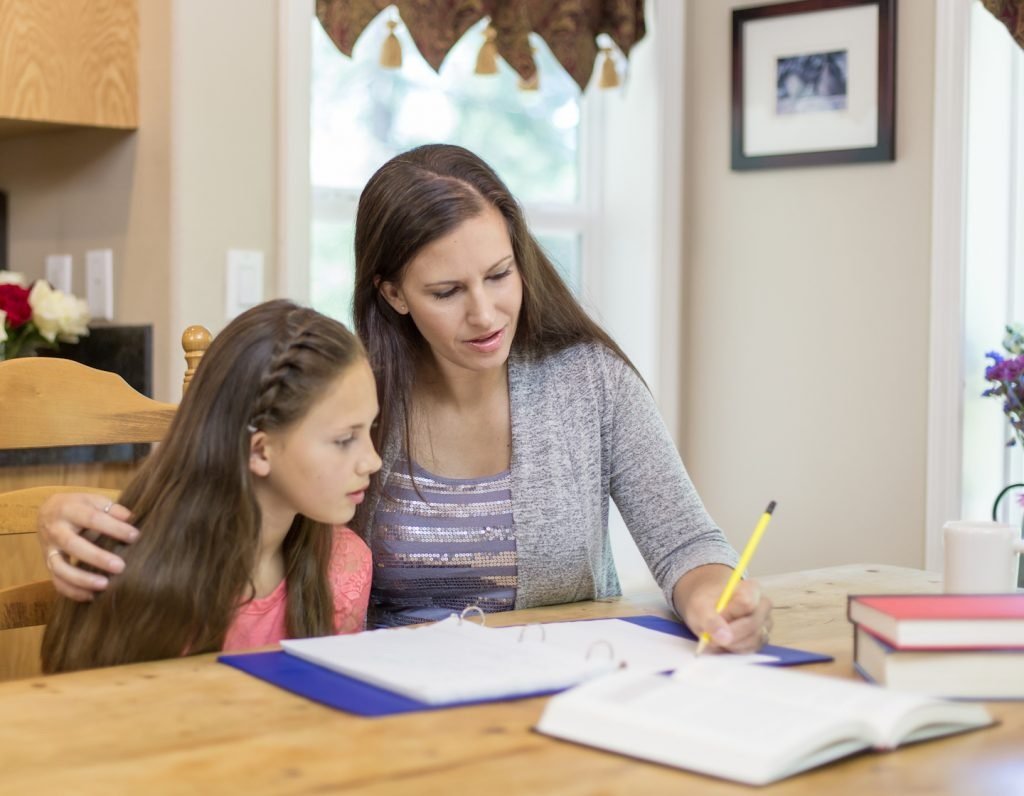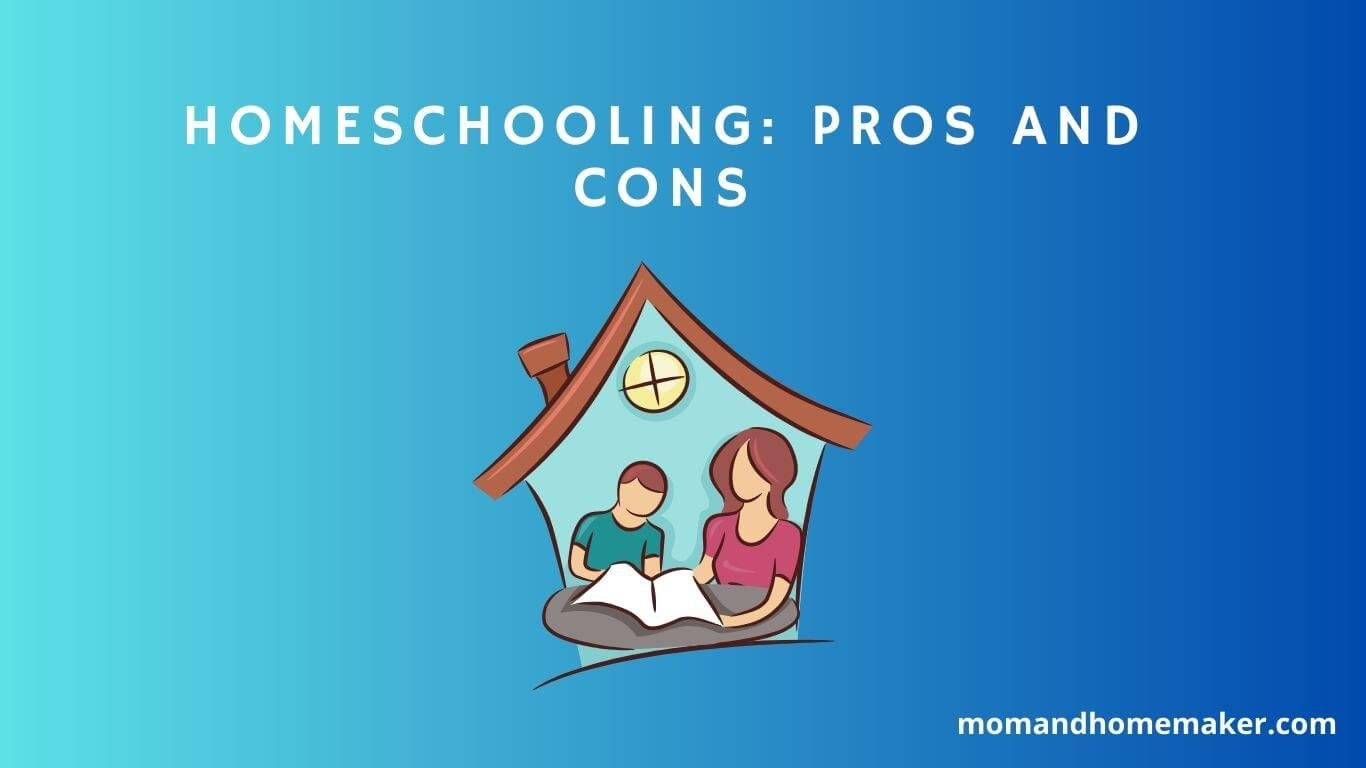[- Advantages and Disadvantages of Homeschooling: A Comprehensive Guide for Parents] Homeschooling, an educational approach that involves parents taking on the role of primary educators for their children, has gained significant traction in recent years. While it offers numerous advantages, such as flexibility, customization, and parental control, it also comes with its own set of challenges, including socialization limitations, lack of peer interaction, and the burden on parents. This article delves into the pros and cons of homeschooling, providing parents with a comprehensive guide to making an informed decision about their children’s education.
Key Takeaways:
- Advantages of Homeschooling:
- Flexibility and customization
- Enhanced safety and control
- Tailored learning and efficiency
- Disadvantages of Homeschooling:
- Time commitment and parental demands
- Resource limitations and access issues
- Reduced social interaction
- Potential parental stress and challenges
Advantages and Disadvantages of Homeschooling

Homeschooling has gained traction as an alternative to traditional schooling. While it offers many advantages, there are also disadvantages to consider.
Advantages of Homeschooling
- Flexibility and freedom: Homeschooling allows for a flexible schedule and personalized learning pace, accommodating students’ unique needs and interests.
- Safety and protection: Homeschooling provides a safe environment, shielding children from potential external influences.
- Efficiency in learning: Focused instruction and tailored curricula can accelerate learning, allowing students to progress at their own pace.
Disadvantages of Homeschooling
- Time-consuming and demanding for parents: Homeschooling requires significant parental involvement, potentially creating a burden on their time and energy.
- Potential limitations in resources and access to facilities: Homeschoolers may have limited access to specialized resources and extracurricular activities available in traditional schools.
- Limited opportunities for socialization with peers: Homeschooling can limit daily interactions with peers, potentially affecting social development.
Pros and Cons Table
| Pros | Cons |
|---|---|
| Flexibility and freedom | Time-consuming for parents |
| Safety and protection | Limited resources and facilities |
| Efficient learning | Limited peer socialization |
Additional Considerations:
- Legal and practical aspects: Homeschooling regulations and requirements vary by state or country.
- Parental stress and burnout: Homeschooling can be a demanding task, potentially leading to parental stress.
Conclusion:
Homeschooling offers both advantages and disadvantages. Parents considering this option should carefully weigh the potential benefits and drawbacks to make an informed decision that aligns with their child’s needs and circumstances.
Are you questioning the value of investing in a home theater? Discover the are home theaters worth it to make an informed decision.
When considering working from home, weigh the advantages and disadvantages of working from home essay ielts to determine if this career path aligns with your aspirations.
For those considering studying at home, explore the advantages and disadvantages of studying at home essay to evaluate if this approach suits your learning style and goals.
Legal and Practical Considerations for Homeschooling: Regulations, Curriculum Requirements, and Support Systems

As you embark on the homeschooling journey, it’s imperative to navigate the legal and practical terrain to ensure compliance and success. Regulations vary by state, so it’s essential to research your state’s homeschooling laws.
Curriculum and Testing
Some states mandate specific curriculum requirements and student testing. Check with your local authorities to determine if your state has any such requirements. Exploring a range of resources, such as online curricula or co-ops, can provide support in meeting these expectations.
Support Systems
Homeschooling can be an enriching experience, but it also demands time and effort. Consider joining local homeschooling groups or online forums to connect with other homeschooling families. They offer a wealth of support, resources, and shared experiences.
Key Takeaways:
- Check your state’s homeschooling regulations carefully.
- Review curriculum requirements and testing guidelines.
- Explore online and local resources for curriculum and support.
- Connect with homeschooling groups for support and information.
Relevant URL Sources:
- Context and Regulation of Homeschooling: Issues, Evidence, and Suggestions for Policy and Practice
- Homeschooling Regulations in the United States
Comparison of Homeschooling to Traditional Schooling: Academic Outcomes, Social Development, and Future Opportunities
Key Takeaways:
- Homeschooling can provide similar or even better academic outcomes compared to traditional schooling.
- Findings on social development are varied, with some studies showing positive outcomes and others indicating no or negative effects.
- Homeschooled students may have comparable or better future opportunities in higher education and career paths.
Homeschooling has emerged as an alternative educational approach, challenging the traditional classroom setting. It’s a decision that requires careful consideration, as both homeschooling and traditional schooling offer unique advantages and disadvantages.
Academic Outcomes
Homeschooling allows for individualized learning and flexible pacing. Homeschoolers can adjust their curriculum to align with their unique learning styles and interests. Research suggests that homeschooled students perform equally well or even better academically than their traditionally educated peers.
Social Development
The concern of limited social interaction is often raised with homeschooling. While traditional schools offer a structured social environment, homeschooling creates opportunities for socialization through extracurricular activities and community involvement. Additionally, some argue that the close-knit family environment that homeschooling often fosters can contribute to positive social development.
Future Opportunities
Homeschooled students can pursue higher education and career paths like any other student. They may even have an edge in certain areas. Homeschooling provides flexibility and time for pursuing interests and developing specialized skills that can enhance future opportunities.
In conclusion, the decision between homeschooling and traditional schooling depends on individual circumstances and priorities. Both approaches have their strengths and should be carefully considered to determine the best fit for each student.
The role of socialization in child development: balancing academic pursuits with social experiences
Socialization is a crucial aspect of child development that involves learning social norms, values, and behaviors.
Balancing Socialization and Academics
Homeschooling offers flexibility and personalized learning, but the role of socialization in child development must be considered. Homeschooled children may miss out on peer interactions found in traditional schools. However, parents can create opportunities for socialization through extracurriculars, playdates, and community events.
Considerations
- Advantages: Homeschooling allows for tailored education, parental involvement, and greater schedule flexibility.
- Disadvantages: Parents are responsible for curriculum and instruction, and access to specialized facilities and resources may be limited.
Key Takeaways:
- Homeschooling can provide flexibility, individualized learning, and family involvement.
- Homeschooled children may have similar or better academic outcomes than traditionally schooled peers.
- Parents should prioritize socialization for homeschooled children through extracurriculars, community events, and peer connections.
- Homeschooling regulations and curriculum requirements vary by state.
- Homeschooled students can pursue higher education and career paths comparable to traditionally schooled students.
Citations:
- Benefits and Challenges of Homeschooling
- The Importance of Socialization for Child Development
FAQ
Q1: Is homeschooling better than traditional schooling?
A1: Homeschooling and traditional schooling both have advantages and disadvantages depending on the individual needs and circumstances of the student. Homeschooled students may benefit from more personalized learning, while traditionally schooled students may have more opportunities for social interaction and access to specialized resources.
Q2: Can homeschooled students get into college?
A2: Yes, homeschooled students can get into college. Many colleges and universities have specific policies and procedures for homeschooled applicants, including the submission of transcripts and portfolios of work. Homeschooled students may also need to take standardized tests, such as the SAT or ACT, for college admission.
Q3: How do I know if homeschooling is right for my child?
A3: Consider your child’s individual learning style, strengths, and needs. Homeschooling may be a good option for children who are self-motivated, disciplined, and enjoy learning independently. It is also important to research homeschooling laws and regulations in your state and ensure you have the resources and support needed to provide a quality education for your child.
Q4: What are the challenges of homeschooling?
A4: Challenges of homeschooling include the need for parental involvement and dedication, limited opportunities for socialization with peers, and potential burnout for parents. Homeschooled students may also have limited access to specialized facilities and resources, such as laboratories, libraries, and extracurricular activities.
Q5: What are the benefits of homeschooling?
A5: Benefits of homeschooling include flexibility and customization of the learning environment, enhanced family involvement, and potential for higher academic achievement. Homeschooled students may also have more opportunities to pursue their interests and passions, and develop close relationships with their family members.
- Finishes For Butcher Block Counters: Choosing The Right Food-Safe Option - December 28, 2025
- Kitchen Countertop Ideas: Find the Perfect Surface for You - December 27, 2025
- Stove Backsplash Design: Ideas to Elevate Your Kitchen Style - December 26, 2025










